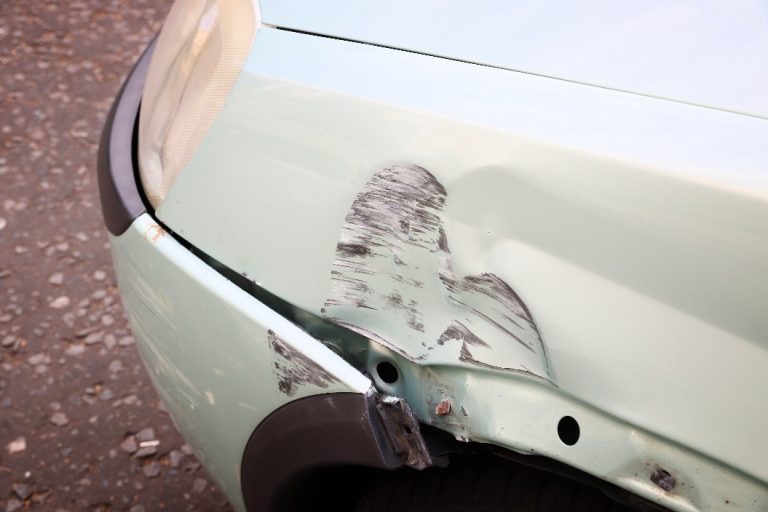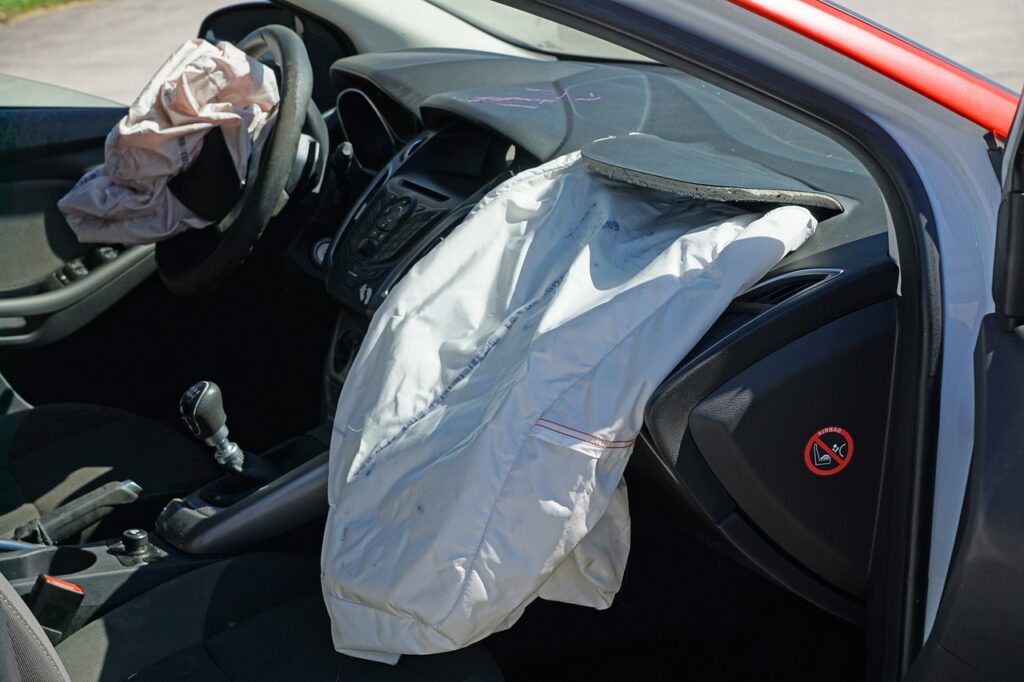In many auto accidents in Georgia, there’s somebody to blame.
Often, driver errors, including drunk driving, speeding, and distracted driving, are the leading contributing factors in car accidents. But what if neither you nor the other driver(s) involved are guilty of careless, negligent, or intentional malicious behavior behind the wheel? What if you got involved in a single-vehicle crash and were driving safely and appropriately?
Sometimes, defective vehicle parts — which should have been caught long before the vehicles were released into the market — lead to catastrophic crashes. You’d think that these big vehicle manufacturers, with their deep pockets, would double-check for any defects, yet time and time again, many innocent people are let down when defective parts cause car accidents. When this happens, the victims can sue the dealership, distributor, or manufacturer for damages.
When car accidents due to defective parts occur, innocent people suffer. If you’ve been involved in such an accident, your best action is to consult Fry | Goehring’s skilled car accident attorneys, who have experience handling product liability cases involving cars. You may be entitled to file a claim for compensation for your injuries.
What Is Product Liability, and How Does It Apply to Car Accidents?
According to the legal concept of product liability, businesses like manufacturers, distributors, suppliers, and retailers are liable for any harm that results from selling consumers defective products.
When it comes to product liability in car accidents, this means holding anyone involved in producing or distributing faulty auto parts that contribute to or cause accidents accountable. That includes manufacturers who design and produce the parts, distributors who sell them, and retailers who offer them to consumers.
If a defective auto part leads to a car accident and causes injury or damage, those responsible for the defective part can be held liable.
Types of Defects That Can Lead to Car Accidents
Three main types of defects can lead to car accidents. These include manufacturing defects, design defects, and marketing defects.
- Manufacturing defects. These occur during the production process when a mistake or error is made, resulting in a part that does not meet the intended specifications. For example, a brake pad may be manufactured with a defect that causes it to wear out quickly, leading to brake failure and potentially causing an accident.
- Design defects. They happen when a flaw in the design of a product makes it inherently unsafe, even if manufactured correctly. For example, if a car’s design makes it prone to rolling over during certain maneuvers, it could lead to accidents regardless of how well it is manufactured.
- Failure to warn/marketing defects. They occur when a product is sold without proper warnings or instructions about its potential dangers. For example, if a car seat is sold without a warning that it should not be used for children under a certain weight, it could lead to injuries in an accident.
Each of these types of defects can contribute to car accidents in different ways, and identifying the specific type of defect is important when proving product liability in car accident claims.
Examples of Specific Defective Products Involved in Car Accidents
Examples of specific defective products involved in car accidents include airbags, brakes, tires, and other critical components.
1. Airbags: In some cases, defective airbags may fail to deploy during accidents, leading to more severe injuries or even wrongful deaths.
For example, the Takata airbag recall, one of the largest recalls in automotive history, involved defective airbags that could rupture upon deployment due to long-term exposure to humidity and heat. The defect was linked to numerous injuries and deaths, leading to significant product liability lawsuits.
2. Brakes: Defective brakes can fail to engage properly, leading to defective parts and car accidents due to the inability to stop the vehicle in time.
One notable case involved Toyota’s sudden unintended acceleration issue, where faulty brakes and accelerator pedals were linked to multiple accidents and fatalities. Toyota faced numerous product liability lawsuits and eventually recalled nearly 8 million vehicles.
3. Tires: Defective tires can lead to blowouts or loss of traction, causing accidents. Firestone’s recall of millions of tires in the early 2000s due to tread separation issues is a prominent example that resulted in product liability lawsuits against Firestone and Ford, the manufacturer of vehicles equipped with these tires.
4. Other Components: Other defective components, such as steering systems, fuel systems, and electronic control units (ECUs), have also been implicated in defective car part accidents. For example, General Motors faced lawsuits and recalls related to faulty ignition switches that could unexpectedly shut off the engine while driving, disabling critical safety features such as airbags.
Why You Should Consult With an Attorney Specializing in Product Liability Law
Product liability laws exist to protect consumers when they are injured by defective products. These cases can be difficult, but it’s important to consult with an attorney who specializes in product liability law. At Fry | Goehring, we can assist with investigating a potential claim after a car accident in a number of ways. Key steps our legal team will take in this process include:
- Identifying and documenting the defective vehicle component
- Collecting witness statements regarding the malfunction or failure
- Gathering maintenance records indicating the history of the faulty vehicle component
- Securing expert opinions or evaluations confirming the defect
- Retrieving any relevant surveillance footage or black box data from the vehicles involved in the crash
- Conducting thorough research into auto recalls, safety concerns, and prior incidents associated with the product or vehicle model
Understanding Key Legal Concepts
The knowledgeable car accident attorneys at Fry | Goehring have decades of experience handling all types of auto accident claims. We are ready to help you understand all the key legal concepts in your product liability car accident case, including:
Strict Liability vs. Negligence
Our product liability lawyers can explain the two main legal standards relating to your claim:
- Strict liability. Vehicle manufacturers are held responsible for any product defects, regardless of their level of care or negligence in the design or production process. This means that if a product is defective and causes harm, the manufacturer can be held liable for the resulting damages without needing to prove fault or negligence.
- Negligence. Negligence, on the other hand, requires proving that the manufacturer or seller failed to exercise reasonable care in designing, manufacturing, or distributing the product. This involves showing that the defendant breached their duty of care, which directly caused the plaintiff’s injuries or damages.
Burden of Proof
At Fry | Goehring, our car accident lawyers can help you understand the legal standard of burden of proof in product liability claims. In such cases, you must prove that the defective product directly caused your injuries or damages by presenting relevant evidence, such as medical records and expert testimonies.
Fight for All Types of Recoverable Damages in a Product Liability Lawsuit
At Fry | Goehring, our Atlanta car accident lawyers can fight for all types of recoverable damages in your product liability lawsuit, including:
- Medical expenses
- Lost wages
- Pain and suffering
Our attorneys can negotiate skillfully with insurance companies on your behalf or fight aggressively for the justice you deserve in court, if necessary.
Get the Help You Need From Our Georgia Vehicle Defect Attorneys
Car accident cases involving product liability are quite complex and can be difficult to prove. Contact our Atlanta law firm right away if you suffered injuries in a collision due to a defective auto part. Our attorneys have years of experience handling and winning car accident cases in Georgia. Begin taking action to hold responsible parties accountable for your injuries by calling 404-969-1284 for a free, no-obligation case review.




